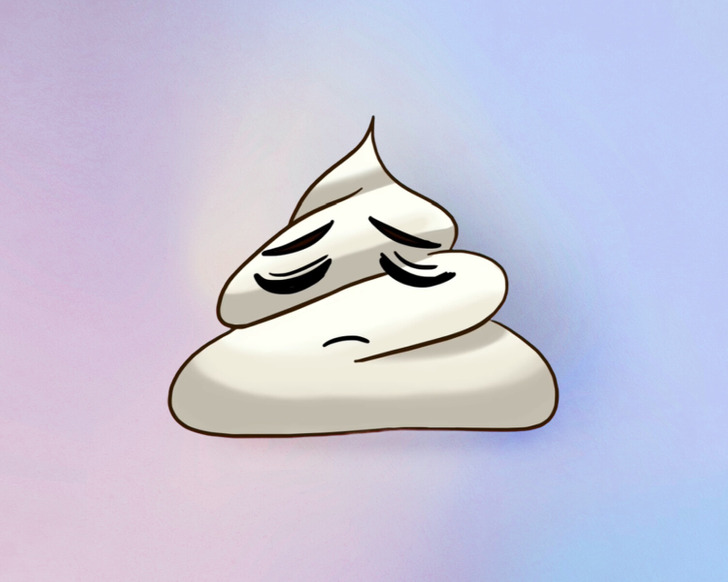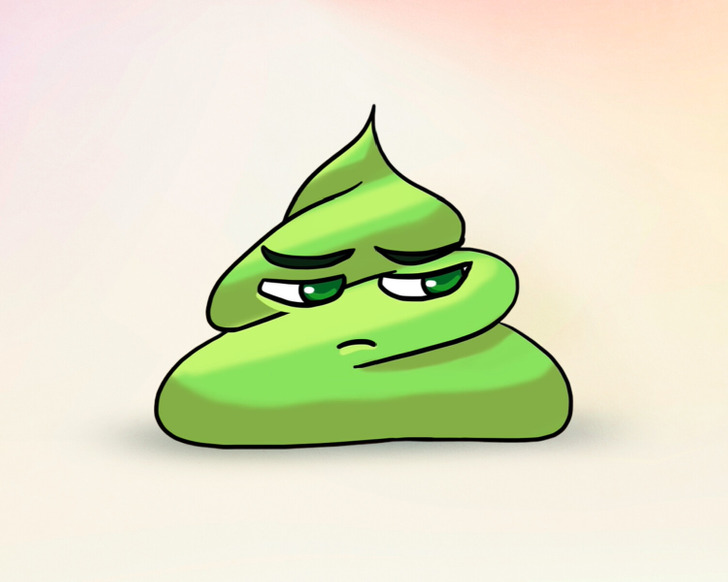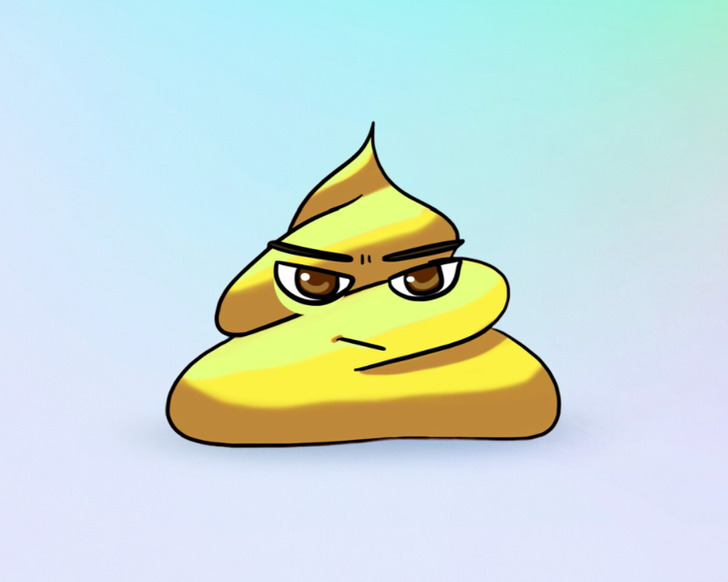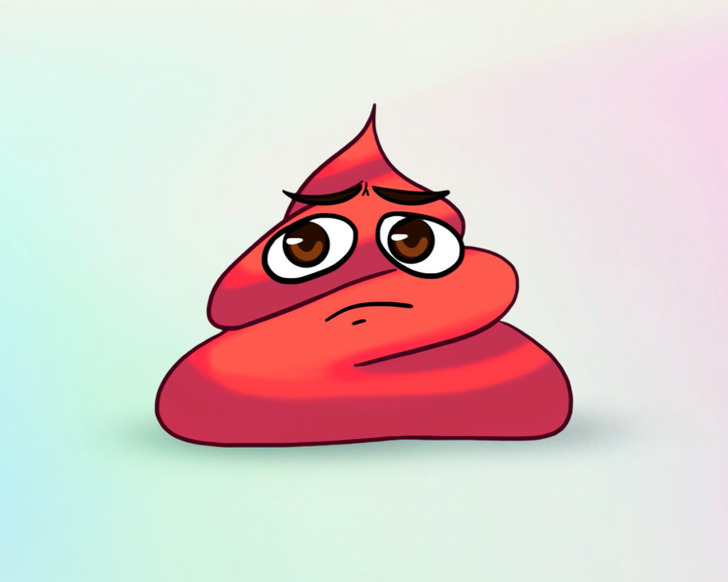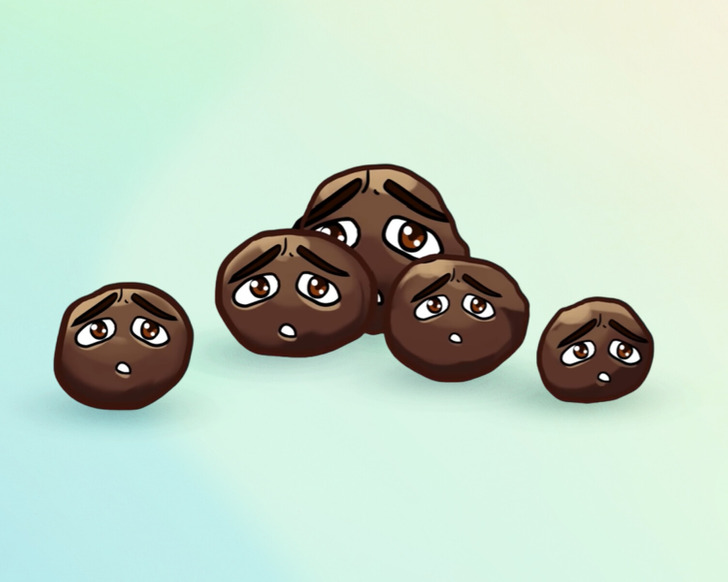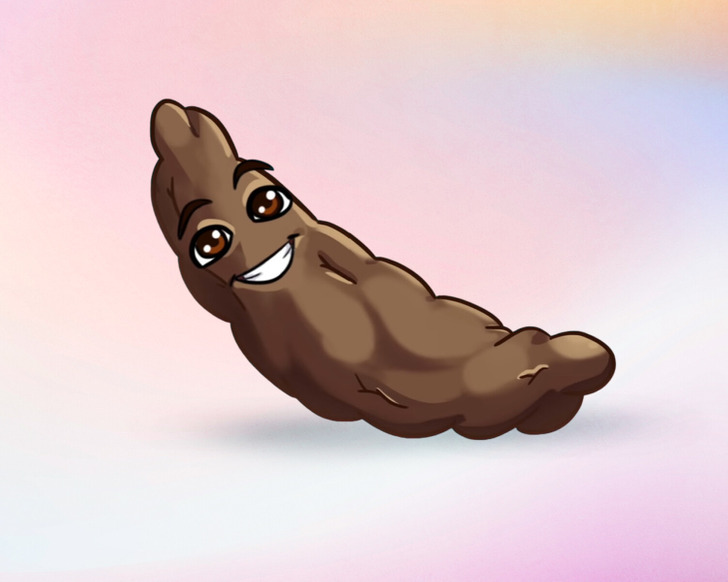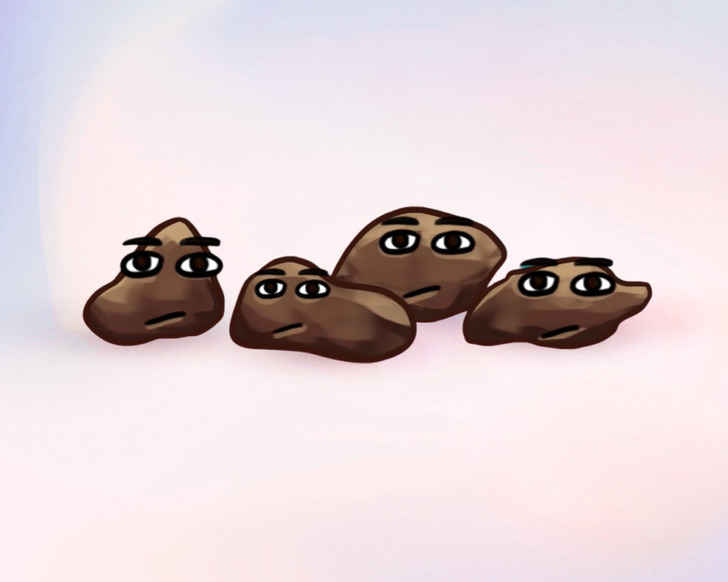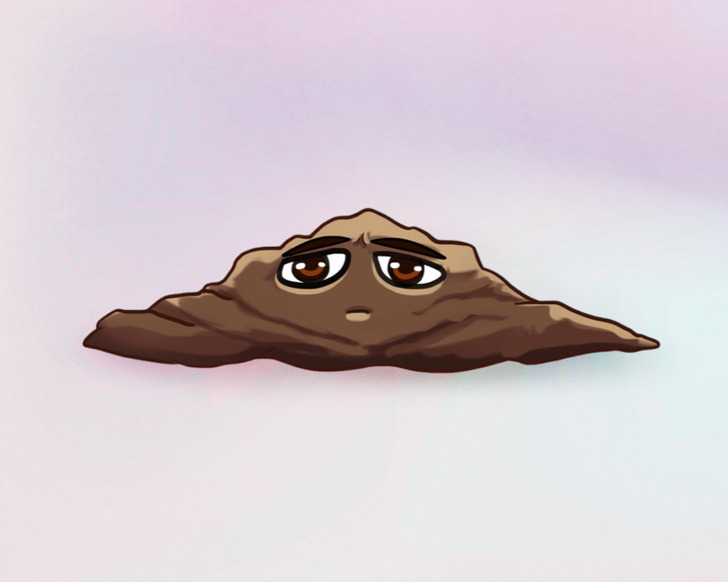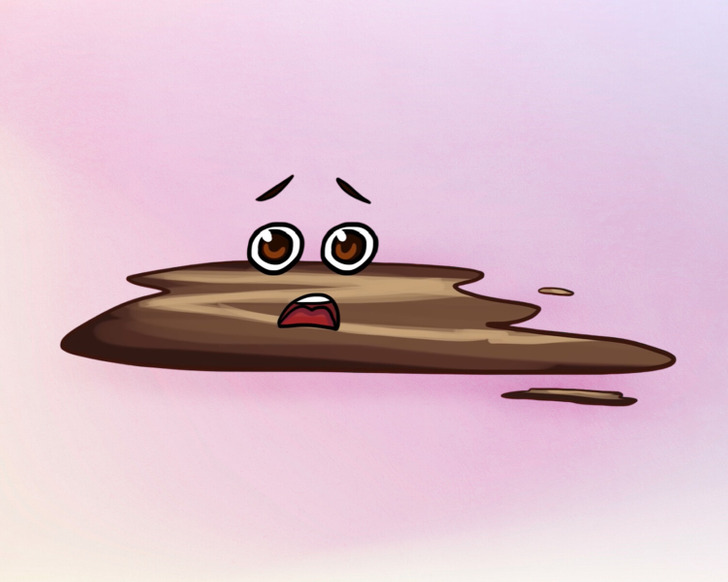Drinking magnetic and purified water contributes to the health of the digestive system. I speak from experience. I have had a Columbia purifier and magnetizer for years.
11 Things Poop Is Trying to Tell Us About Our Health
We do everything in our power to be healthy. However, our body has ways of communicating, which, if we know how to read them, can be of great help to our quality of life. In this regard, we often forget about feces. Normally, they are a topic that no one wants to talk about, but today we will share with you some reasons why you should pay more attention to them.
1. White stool
White or clay-colored stools are abnormal and may indicate a serious health problem, as this tone is because the liver does not produce bile or bile does not flow into the small intestine to break down food. Bile is a crucial digestive fluid produced by the liver that is stored in the gallbladder and gives the stool its normal brown color during digestion.
Liver diseases, such as hepatitis or cirrhosis, may be the cause of white stools. In addition, certain medications and substances, such as barium used in X-rays of the digestive tract and certain antacids containing aluminum hydroxide, can also discolor the stool. If white stools occur, it is important to seek immediate medical attention to discover the underlying cause.
2. Green-colored stool
Let’s start by pointing out an important fact — you’re not the only one who has noticed an unexpected hint of green in your stool after going to the toilet. According to Dr. Lee, the color and shade of stool can vary from day to day, and this is normal, as things are constantly changing. But what can cause these changes?
- Eating green foods, such as broccoli, kale, and spinach, is the most likely explanation for why you produce green stools. The chlorophyll that gives these vegetables their greenish color can also stain your stools.
- The use of antibiotics can affect digestion and change the color of your stools. This is because these drugs can alter the bacterial flora in the gut, which can result in a greenish tint to the stool. In addition, some medicines can upset your stomach and produce diarrhea with a greenish tint due to the presence of bile.
- Changes in stool color can also be a sign of a possible infection or health problem. The presence of a greenish hue could be a sign of a bacterial, viral, or parasitic infection in the body, which may generate a rapid transit response of intestinal contents and unabsorbed bile. In such cases, this and other fluids are not absorbed properly in the intestine, which may result in green or watery stools.
3. Yellow-colored stool
The brown color of the stool is due to the presence of bilirubin and bile. Bilirubin is produced in the liver from red blood cells and mixes with bile in the gallbladder before passing into the intestines, where bacteria break it down and excrete it in the feces or urine.
One of the most common reasons for yellow-colored feces is a diet heavily saturated in fats. However, these can be caused by various health conditions. According to experts, these include liver and gallbladder conditions, pancreatic disorders, celiac disease, Gilbert’s syndrome, giardiasis, stress, and a bad diet.
4. Black stool
Black stools can be the result of consuming dark-colored foods and drinks, such as beetroot, or supplements such as iron. However, it can also be a sign of bleeding in the upper gastrointestinal tract.
If the stool is black and has an unpleasant odor, this may indicate an underlying health problem, such as peptic ulcer, gastritis, inflammation, colon polyps. If this is the case, it is important to consult your doctor, who may recommend an endoscopy or colonoscopy to find the source of the problem.
5. Reddish-yellow stool
Defecating red feces can be confusing and worrying. While it can sometimes be due to the consumption of red foods or dyes such as Pepto-Bismol, which contains bismuth, it can also be a sign of bleeding in the lower gastrointestinal tract. Causes of the latter can be hemorrhoids, fissures in the colon or signs of inflammation in the intestines, bleeding in the stomach or intestines.
If you notice bright red streaks on toilet paper or in the toilet, and you have pain or itching, it is likely to be due to hemorrhoids or anal fissures. It could also be due to inflammation in the intestines.
However, if the red stools are accompanied by fever and malaise, or if the blood looks lumpy like coffee grounds, experts recommend calling your doctor immediately, as this may be a sign of internal bleeding in the digestive tract.
6. Hard, pellet-like stool
If your stools are small, hard, and pellet-like, you are probably experiencing constipation or a reduced frequency of bowel movements. This usually happens when your diet is low in fiber. Other factors that can influence this include hydration and physical activity. In addition, constipation can be caused by certain medications or medical conditions that affect the functioning of the bowels.
7. Cracked stool
If your stools are sausage-shaped with cracks on the surface, you may be experiencing mild constipation due to a poor diet or sitting for a long time. These stools are common in cases of functional constipation (caused by diet or lifestyle) and may indicate that the stool has been in the bowel for about seven days before it is eliminated.
8. Soft and smooth stool
Healthy stools are usually cylindrical, sausage-like in shape, about the width of a banana, and between 4 to 8 inches. When flushed, they should keep their shape and have the right amount of water and nutrients. A consistency similar to soft ice cream is ideal. In addition, having a healthy, normal bowel system means having a bowel movement every one to three days.
9. Drop-shaped stool
When the stool has a soft consistency and falls in the form of small droplets with distinct edges, it is considered to be slightly loose. It is normal for people who go to the toilet two or three times a day to experience this type of bowel movement, especially after major meals. The soft, drop-shaped stools are easily and effortlessly passed.
10. Feces with poorly defined edges
Soft stools with fluffy bits are an early stage of diarrhea. This can occur when the colon passes stool rapidly due to a sudden change in diet or physical activity level or when experiencing stressful situations. When loose stools occur, controlling the urgency or timing of bowel movements may be difficult.
When the body experiences stress or is not used to a healthy diet and lifestyle, it may pass stools more quickly than usual. If it does not stay in the intestines long enough, it is not processed properly and may contain water and nutrients that have not yet been absorbed.
11. Liquid poop
When stool becomes watery and passes out of control, you are in an advanced stage of diarrhea. This condition is caused by irritation of the small intestine, which causes fluid to pass through the body without being properly processed. Although some of it may be absorbed by the large intestine, most of it accumulates in the rectum and causes sudden, severe diarrhea.
In order to stay healthy and feel great, it is important not only to read the signals of the body, but also to pay attention to what we eat, to our sleep, and to the clothes we wear.
Comments
Related Reads
10 Essential Tips for Finding Your Ideal Jeans Fit

19 Stories About Exes That Made Us Raise Our Eyebrows More Than Once

7 Body Parts You’ve Been Cleaning Wrong Your Whole Life

15 Stories From People That Can’t Get Over the Rudeness They Witnessed

10+ Outdated Shoe Styles That Ought to Be Banned From Our Closets, and New Styles You Can Replace Them With

18 Photos That Prove Australia Is Full of Wonders

15 People Who Found Peace After Life’s Biggest Setbacks

12 Habits That Reveal a Person Grew Up in a Poor Family

15+ Stories That Prove Moms’ Love Tank Never Runs Empty

12 Riddles That Will Tease Your Brain for Hours

14 People Who Have Scratched the Word "Shame" Out of Their Dictionary

17 People Revealed What Became the Last Straw in Their Relationship

